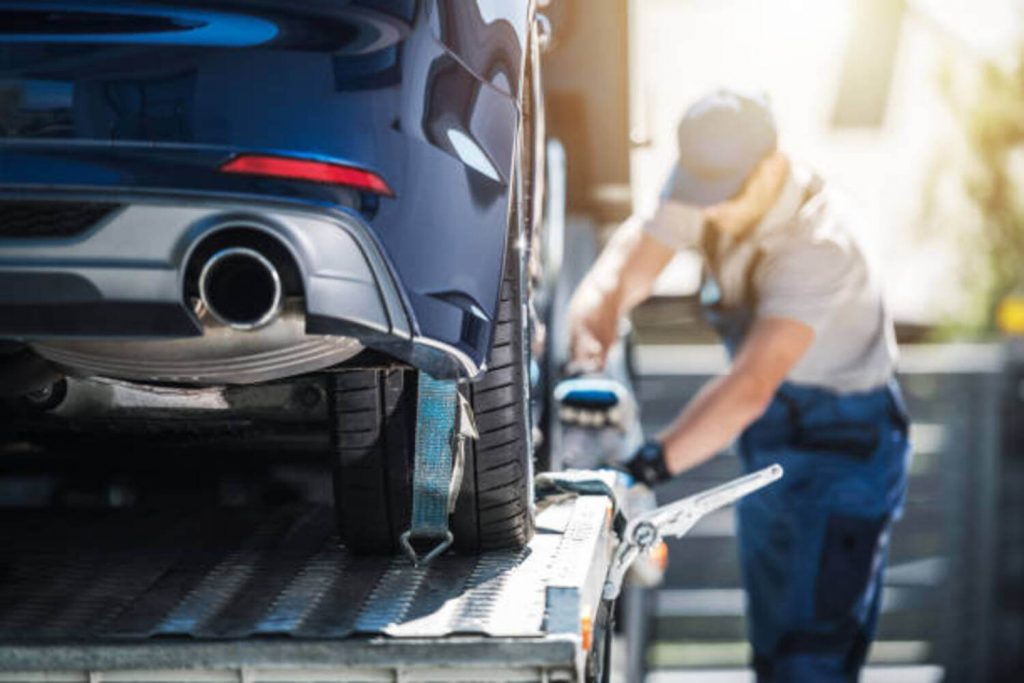If you have ever shipped a car before, then you know that it is not an easy process. If you haven’t, then prepare yourself. There are many steps involved and things to consider when shipping your vehicle. But don’t worry. This blog post will help ensure you’ll have a smooth-sailing shipping experience as possible. Without further ado, here are some common car shipping mistakes to avoid, so you don’t get headaches.
Lack of Research
Knowledge is power. It’s important to know what you’re getting yourself into because different situations call for different actions. The more info you have, the lesser chances mistakes can happen, and fewer problems arise during the shipping process. How many units are to be shipped? What type of car? How old is your vehicle? Does it have any body modifications that might affect loading/unloading? What transport method do you prefer? Having answers to these questions ensures that you book the best operation possible for your ride. Also, don’t forget to dig deeper into your potential company. Make sure that it’s licensed, insured, and has good legitimate reviews. Otherwise, all your efforts might just go down the drain.
Not Comparing Quotes from Different Companies
Never take less than what you deserve. Many people shipping their cars for the first time often settle with the first company they could find. While it’s not entirely wrong, you’re not making the most out of your investment by limiting your options. Always make sure to get several quotes from different shipping companies. You may think that one quote is enough, but more options mean you get to choose the best price and services. Moreover, some companies like to overcharge. Why pay more? Compare at least three quotes to find one that suits your needs and budget.
 Never take less than what you deserve.
Never take less than what you deserve.
Not Getting Insurance
Getting insurance coverage is crucial when shipping a car, especially an expensive one, or across the country. This extra layer of protection truly makes the difference. You may think that your shipping company’s policy would cover everything, and that’s enough. However, there’s often a catch to it. To be on the safe side, ask your carrier how much they would cover during an accident. If it doesn’t cover the value of your car, consider getting another insurance on top of that.
Poor Vehicle Preparation
So you’ve decided on a shipping company. What’s next? While you might just want to leave everything to the pros, you still have to do your part. See, poor vehicle preparation can cost you more in the long run. When shipping a car, the vehicle must be in optimal condition during transit. Here are some ways to prepare your car:
- Start by having a mechanic check and top off all fluids such as transmission fluid, brake oil, power steering fluid, engine coolant/antifreeze, and windshield wiper fluid.
- Next, check the tire pressure levels of each wheel. If it’s too hard, the car might get damaged from rattling over bumpy roads. If it’s too soft, you won’t be able to get it out of the terminal right away.
- Don’t forget to wash your car.
- Check for any mechanical issues or existing damage like scratches and dents. Report it to your company to avoid misunderstandings later on.
 While you might just want to leave everything to the pros, you still have to do your part.
While you might just want to leave everything to the pros, you still have to do your part.
Incomplete Documents
There are several necessary pieces of paperwork involved when shipping your car. Make sure you have all the required documents from your end. The most common mistake is not checking if the vehicle title and registration are up to date. In some cases, these can be out of date by a few months, which could result in extra fees or delay shipping time and additional expenses. For this reason, always check with your local DMV before contacting an auto transport company to make sure that everything is done properly on your end.
Not Making Things Clear with Your Shipping
It might be awkward to ask, but talk with your carrier regarding hidden costs such as taxes and fuel surcharges. You want to work with people who are transparent to the core.
Leaving Items Inside the Car
This is an easy mistake to make, and people often forget about it. Always make sure that you don’t leave anything in the car before shipping. Why? First, there’s a chance items will get lost or damaged during transport (which could add up costs later on). Second, even if they do arrive at your new location without any damage, you’ll probably end up with several fines for not declaring all of the goods inside the car. Lastly, it might cause some issues regarding insurance claims. So if you want to leave things inside the car, discuss it with your carrier.
 The big secret to a successful transport is to find a company you can trust.
The big secret to a successful transport is to find a company you can trust.
Conclusion
Shipping your car is a typically straightforward process. However, there are many pitfalls along the way that might cost you dearly – whether financially or emotionally. The big secret to a successful transport is to find a company you can trust.